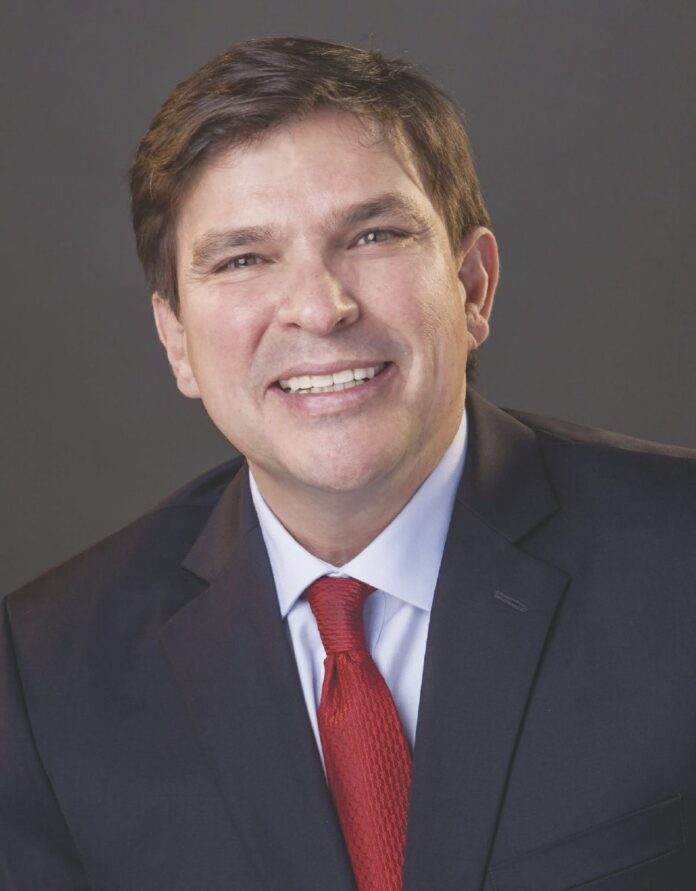BY U.S. REP. VICENTE GONZALEZ
As the congressman for the 15th District of Texas, I strive to listen and respond to my constituents. On Dec. 3, the editor of The Monitor published a letter sent by Mr. Pete Romero, of McAllen, asking if “there [is] a foreseeable timeline [for] when the U.S. troops will come home for good.” Today, I would like to take the opportunity to address his question.
Over the Thanksgiving holiday, I traveled to Afghanistan with several of my colleagues to personally thank our service members for their incredible sacrifices, and to better understand our military’s involvement in the region.
Since 2001, the United States has spent more than $800 billion alone on this war, but we are losing something far more precious: American lives. The high volume of lives lost and the long duration of our country’s involvement there is something that leaves most Americans, including myself and my colleagues in Congress, wanting an explanation as to why operations continue and when our troops might come home. Several of my colleagues have called for an official debate on the authorization of the use of military force and urged the executive branch to develop a clear strategy for U.S. involvement in Afghanistan. That debate has not yet materialized.
Right now, our operations are focused on bringing security and stability to Afghanistan. Our military is working tirelessly — day and night — with the Afghan government and our allies to combat terrorist groups that threaten to derail Afghanistan’s path forward and threaten to chip away at regional and global stability.
Our development organizations and diplomats are there, too, assisting with institution building and the empowerment of civil society.
The situation in the Middle East is complicated and efforts to bring peace, stability and security take time, coordination and cooperation, and often come at a high human, financial and material cost. We must acknowledge that these are lofty and honorable goals that will ultimately make our nation, and Democratic nation’s like ours, safer. At the same time, we must have a real discussion about how much longer our work there will continue and a clear plan to leave Afghanistan with stronger government institutions and the tools they need to guarantee safety and freedom for their citizens.
Mr. Romero, rest assured that I will continue to be a voice for our men and women in uniform and I will continue to be your voice in Washington, D.C.




